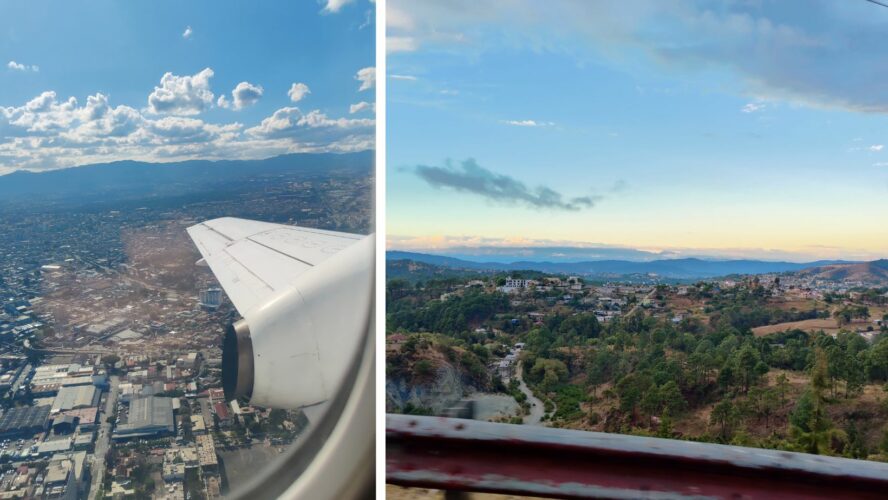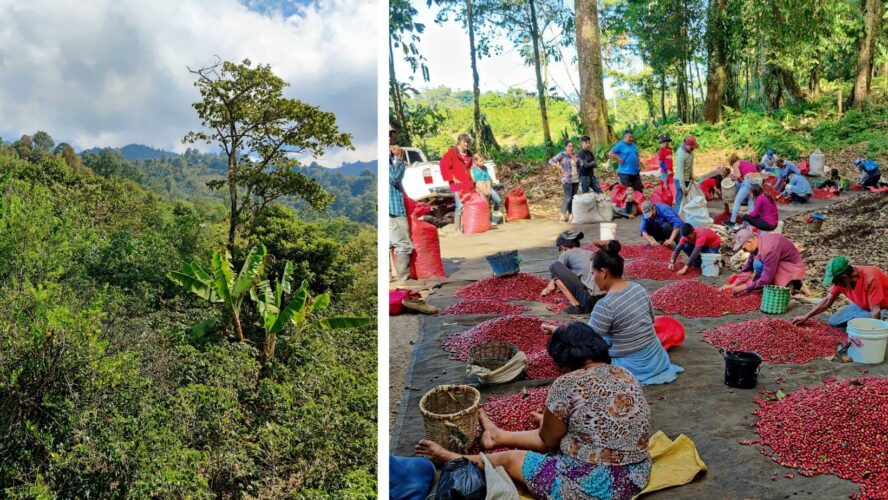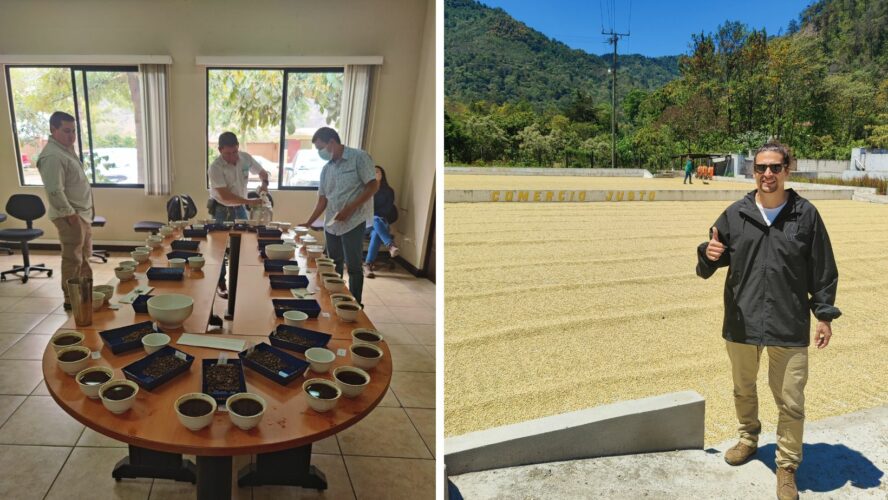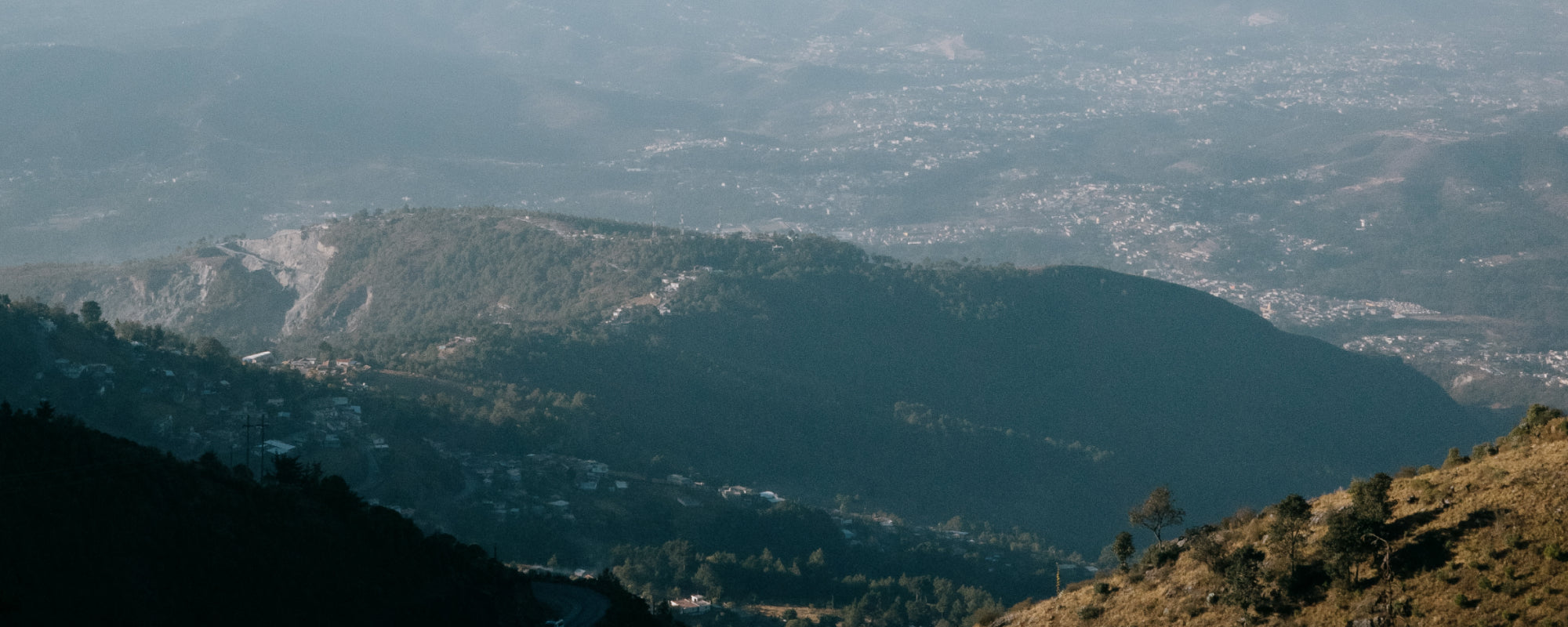This year, our trip to Guatemala was an absolute adventure. We packed our backpacks with a clear goal: to find small producers in Huehuetenango who shared our vision of a long-term relationship. A relationship that's fair for both parties, and where the quality of both the product and the relationship itself provides opportunities for both the producer and the roaster.

The coffee market in Guatemala
The country has 125,000 families dedicated to coffee production, 96.81% of which is produced in small areas. Of this majority, virtually all is hand-harvested and shade-grown. A perfect breeding ground for our goal.
Viable is not synonymous with simple. Guatemala is probably the country with the greatest difficulties when it comes to purchasing coffee directly from small producers, due to the swarm of intermediaries, cooperatives, second-level associations, and a nomenclature that took us a while to understand. They are the ones who buy the majority of the production from small producers to resell it to exporters who control the sales channels, either in Europe or in their main market, the United States.

Direct contact at source with producers from Huehuetenango
So, the initial step was to find associations or cooperatives that would bring together a number of producers and make our work easier to manage. We spent five days visiting different municipalities in Huehuetenango and visiting producer groups before finally selecting Guaya'b as our first partner in the region. A producer association founded in 1998, Guaya'b focuses on coffee and honey production. Guaya'b means "mutual aid" in the local Mayan language Popti, still spoken in the region by the heirs of the Mayan culture.
Although to date they had only had one experience with a specialty coffee buyer from the US, we showed up at the right time to select some lots using the filters we'd shown them, and we managed to find something we weren't expecting: organic specialty coffee. Organic coffee is characterized by being produced without the aid of chemicals, especially in the form of pesticides (against pests and fungi) and herbicides that control the growth of mountain grasses (commonly known as weeds). Typically, this type of coffee has a lower yield and lower quality.

Organic coffee in the region: an ideal starting point
To our surprise, the lots we tasted belonged to 22 different producers, all of whom produce traditionally washed organic coffee. This provides a great foundation for experimentation with the nine selected producers and an ideal starting point for the continuous improvement harvest after harvest that we are committed to pursuing with them as a mutual aid project.
